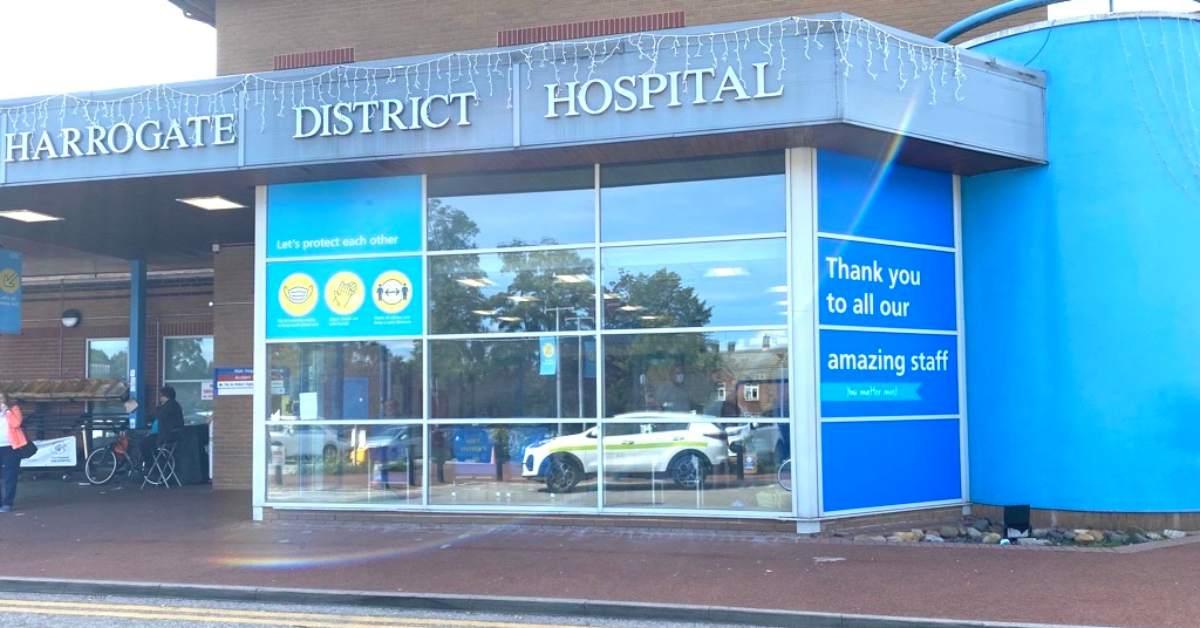Subscribe to trusted local news
If you are accessing this story via Facebook but you are a subscriber then you will be unable to access the story. Facebook wants you to stay and read in the app and your login details are not shared with Facebook. If you experience problems with accessing the news but have subscribed, please contact subscriptions@thestrayferret.co.uk. In a time of both misinformation and too much information, quality journalism is more crucial than ever. By subscribing, you can help us get the story right.
- Subscription costs less than £1 a week with an annual plan.
Already a subscriber? Log in here.
18
Jan 2023
Harrogate hospital pays six-figure sum to patient left severely disabled

Harrogate and District NHS Foundation Trust has paid a six-figure sum to a patient who suffered a stoke and cardiac arrest after an operation, leaving him severely disabled.
The trust and York and Scarborough Teaching Hospital NHS Foundation Trust were found jointly responsible for the treatment of the 74-year-old patient, who suffered a minor stroke in January 2016.
Having developed some slurring of speech and a headache, he was taken to Harrogate District Hospital by ambulance, where he was admitted to the stroke unit and underwent a CT scan of the head.
As part of the legal case against the two trusts, solicitors acting on behalf of the man made several allegations of negligence. It was alleged imaging was wrongly reported and surgery was unnecessarily performed.
During the surgery the patient suffered a stroke and later a cardiac arrest from which he was successfully resuscitated. He was left severely disabled and brain damaged.
Solicitor Elizabeth Maliakal, a specialist in medical negligence claims at Hudgell Solicitors, led the legal case on behalf of the patient, whose daughter was appointed his deputy by the Court of Protection to manage her father’s affairs.
Ms Maliakal alleged the operation had been carried out without the patient or his family being fully informed of the risks involved, and without being informed that the benefits of surgery were small. She said the case centred on two key aspects of care and treatment:
Read more:
- First ever nurses' strike begins at Harrogate hospital
- Harrogate district police inspector reveals local crime hotspots

Ms Maliakal (pictured above) added:
'Denied liability'
Harrogate and District NHS Foundation Trust and York Teaching Hospital NHS Foundation Trust agreed a six-figure sum for damages. The precise amount has not been revealed.
The compensation agreed covers the cost of future care, nursing home fees, private medical treatment, medication expenses and aids and equipment.
Mrs Maliakal added:
A joint statement for Harrogate and District NHS Foundation Trust and York and Scarborough Teaching Hospitals NHS Foundation Trust, said:
0